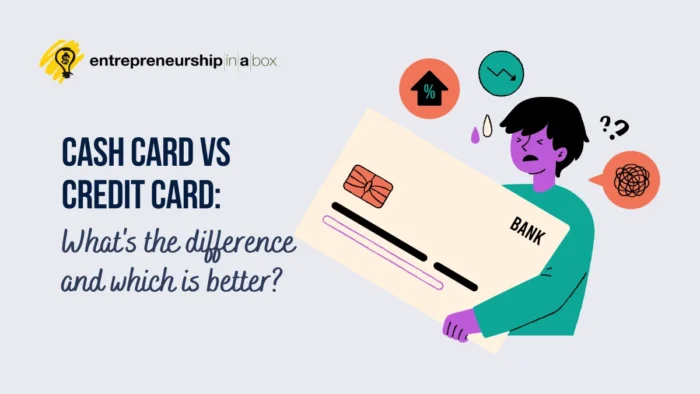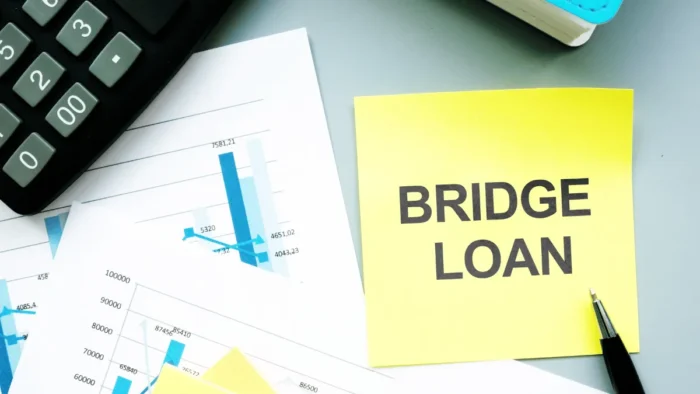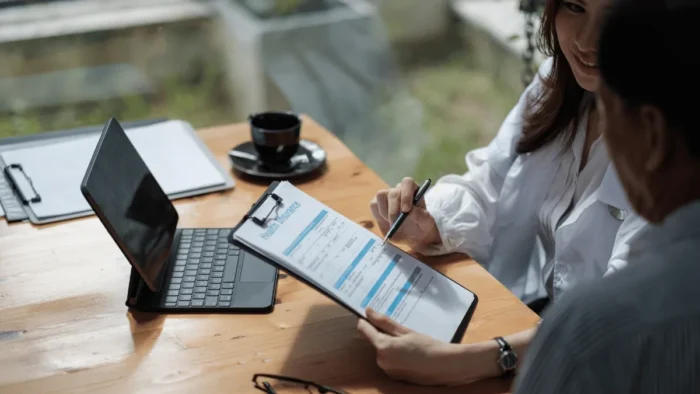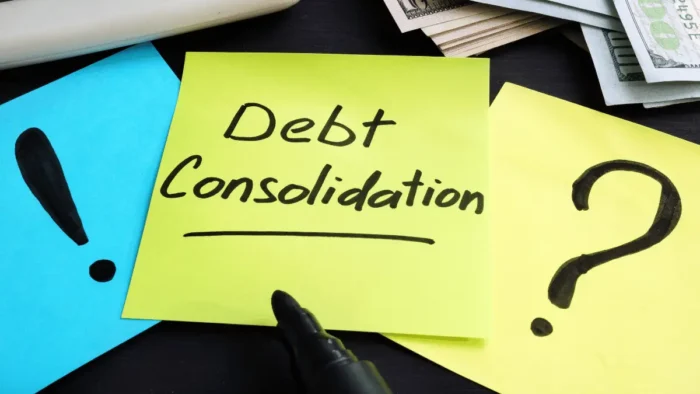Cash and credit cards are two popular payment options that most people use daily. While both methods offer convenience, there are significant differences between them that can affect your personal finance. The primary difference between a cash and a credit card is that the former allows you to spend only the amount you have loaded onto the card. In contrast, the latter allows you to borrow money from the card issuer to make purchases.
Advanced banking has made payment and cash withdrawals very easy these days. With the facilities of credit or cash cards, one does not need to carry cash everywhere. Although these banking cards have been used for a long time, some people still do not know the fundamental difference between cash and credit cards.
This article will delve deeper into the differences between these two payment options, highlighting their advantages and disadvantages. We will also explore which option is better for various situations, so you can make a more informed decision on which payment method to use in the future. So, let’s get started and find out whether a cash or credit card is better for you!
Do You Know About The Cash Card Concept?
A cash card, also known as a debit card, is a plastic card that allows you to access the funds in your bank account. Cash cards are convenient because they eliminate the need to carry cash, and you can only spend the amount of money that you have in your account. This means you cannot overspend and incur debt, a significant advantage for people struggling with impulse buying.
The cash cards are prepaid cards. You need to load a certain amount on the cash card if you want to use it. How much you will load on the cash card is up to you. You can load your card via an ATM, bank branch, or online banking through your bank account.
A cash or debit card is an electronic banking card that can be used to withdraw cash from ATMs (Automated Teller Machines), make purchases online, and pay for goods and services at stores that accept the card. There are different types of cash cards, including a
- Gift Cash Card
- Prepaid Debit Cards
- Bank Debit Cards
- Payroll Debit Cards
These cash cards store a specific amount of cash, like carrying cash without having it in your wallet. Cash cards are an alternative to credit cards.
What is a Credit Card?
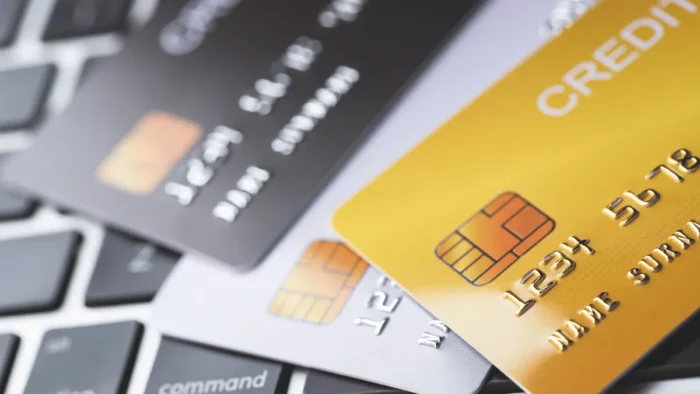
You may think that a credit card has the same purpose as a cash card, so why is it not included in the above list? The reason is simple. A credit card does not store cash; instead, it is a form of debt or advances that we take from the bank.
A credit card is a plastic card that allows you to borrow money from the card issuer to make purchases. You can use it to purchase online and at stores and withdraw cash from an ATM. For example, there are many UK casinos that still accept credit cards for their players. However, unlike a cash card, you must repay the borrowed amount plus interest charges. The interest rate varies depending on the card issuer and your creditworthiness.
Difference Between Cash Card and Credit Card
Controlled Spending
Since the money is deducted directly from your checking or savings account in a cash card, it helps control spending and avoid debt. You can only spend the amount of money that you have in your account. In the case of a credit card, you can use your card as much as you want until you reach your credit limit on your card balance. Banks often increase these limits putting you as much as possible into debt.
So, one of the disadvantages of credit cards is that they can lead to debt if not used responsibly. If you carry a balance on your card and only make minimum payments, you incur interest charges that can add up quickly. This can lead to a cycle of debt that is difficult to break.
Interest and Service Fee
With a cash card, you’re using your money, so there are no interest charges, unlike with a credit card.
Regarding your credit card, it is important to note that interest charges will apply each time you utilize this payment card. These charges are charged to the credit card’s outstanding balance, which is a financial cost associated with the convenience of using this payment card.
Generally, a cash card has fewer fees compared to a credit card. Debit card ATM transactions linked to a bank checking account typically come with no fees when conducted at a bank-operated or affiliated ATM.
When it comes to credit cards, you should be aware of several types of fees. These may include annual fees, recurring charges that cover the cost of having and maintaining the credit card. Balance transfer fees might also apply when you move your outstanding balance from one credit card to another. Lastly, cash advance fees could be imposed when you withdraw money using your credit card.
Credit Score
When building your credit history, using a cash card alone may not significantly impact you. Your credit score measures your creditworthiness, affecting your ability to qualify for loans, mortgages, and other financial products. While cash cards offer convenience and control over your spending, they typically do not report your payment activity to credit bureaus.
On the other side, credit cards’ advantages are that they help build your credit score. By using a credit card responsibly, such as paying your bills on time and keeping your credit utilization low, you can improve your credit score and increase your chances of getting approved for loans and other financial products.
Protection against fraud and theft.
Cash cards, such as debit cards, typically provide relatively less protection against unauthorized transactions when compared to credit cards. Yes, you can report any unauthorized transactions to your cash card issuer immediately, but unlike a credit card, which offers additional layers of security and consumer safeguards, a debit card may leave individuals more vulnerable to potential financial risks and potential losses stemming from unauthorized use.
Credit cards often come with additional protections like warranty extensions and protection against theft or damage by credit card issuers.
Electronic Payments
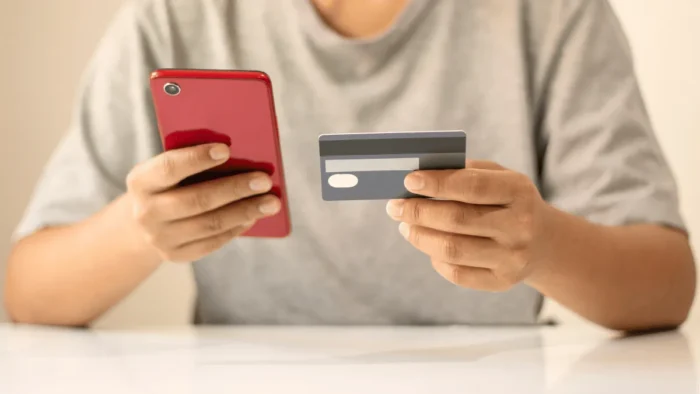
When it comes to electronic payments, bot cards can be used. If you have a high credit balance on your credit card, it is not so smart to use them for electronic payment, especially on untrustworthy websites. In such a case, if someone comes to your credit card details, he can spend all your credit balance. It will not be the case if you have a small amount on the debt limit.
I’ve been in such a situation. Several years ago, while I was on a cell phone call, I started to get SMS messages. When I finished the call and looked at all six messages I had received, I saw that someone was trying to book a hotel room in Dubai that was the most expensive, then something less expensive, and at the end (the sixth message), he succeeds to pay something that cost $15. It was the case because on that day, I had still not paid my monthly debt and fees, so the debt limit allowed them to charge me only $15.
Rewards and benefits
One advantage of credit cards is that they offer rewards and benefits. You can earn cashback, points, and miles for every purchase you make, which you can redeem for various rewards such as travel, merchandise, and statement credits. Some credit cards also offer sign-up bonuses, which can be a significant amount of money.
Cash cards, on the other side, may not offer the same level of rewards and benefits as credit cards.
Tips for Responsible Use of Cash Cards and Credit Cards

Regardless of your chosen payment type, it’s essential to use it responsibly to avoid debt and improve your financial stability. Here are some tips for using cash cards and credit cards responsibly:
Create a budget and stick to it.
Whether you choose to use a credit card or a debit card, establishing a comprehensive spending budget and sticking to it becomes essential. By diligently managing your expenses and ensuring financial discipline, you can effectively steer clear of accumulating debts and pave the way toward an improved and more stable financial future.
Pay your bills on time.
This is particularly crucial when it comes to credit cards. Failing to pay your bills on time can result in higher interest rates for late payments, substantially increasing the cost of borrowing. Being diligent in managing your payments and ensuring timely bill settlement is paramount for avoiding unnecessary financial burdens and maintaining a healthy credit profile.
Keep your credit utilization low.
Maintaining a low credit utilization ratio is crucial for a healthy credit score. Paying your credit card balances more than once a month keeps your balance lower relative to your credit limit, reducing overall credit utilization. If possible, ask your credit card issuer for a higher credit limit. This gives you more available credit, lowering your utilization ratio if you don’t increase your spending.
Using your cash or debit card for small purchases is clever. Using your cash card (debit card) or cash for smaller purchases can help reduce the balance on your credit cards, thereby keeping your credit utilization low.
Many card issuers allow you to set up alerts when your balance reaches a certain amount. This can help you track your spending and maintain a desirable utilization rate.
Avoid carrying a balance on your credit card.
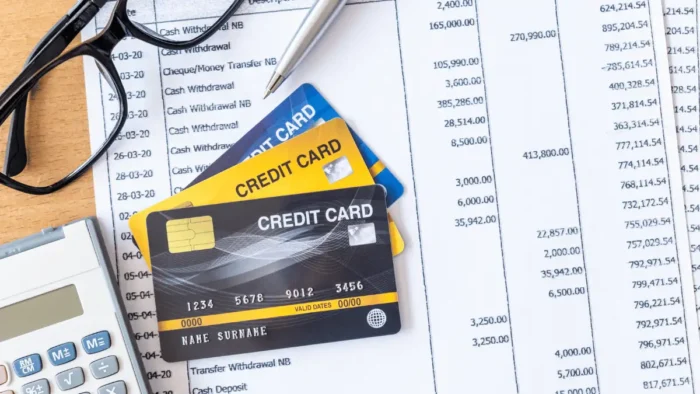
Avoiding a balance on your credit card is essential for maintaining good financial health and avoiding unnecessary interest charges. Only use your credit card for purchases you can afford with your current income. Avoid using credit as a way to live beyond your means. Also, pay off your credit card bill in full each month before the due date. This way, you won’t carry a balance into the next month and avoid interest charges.
To ensure you never miss a payment, set up automatic payments to pay your monthly credit card bill. You can usually set this up through your online banking system. Also, you must regularly review your credit card transactions to track your spending and catch any fraudulent activity early.
Monitor your account regularly for unauthorized transactions
Most card issuers allow you to set up alerts when your balance reaches a certain amount. This can help you monitor your spending and prevent you from exceeding your budget. Also, you can use your eBanking solution occasionally to check if something is strong.
Report any unauthorized transactions to your bank immediately.
Several months ago, I had one bad experience when someone used my card to pay for something online. The first important thing is that I get SMS info about purchases I had not made. Then, after checking my account through eBanking service, there was payment for some online store. I informed my bank immediately, and then they issued a new card, and after some period of time, they brought the money back into the account.
Conclusion: Which Card is Right for You?
In conclusion, both credit cards and cash cards have advantages and disadvantages, and the choice depends on your financial needs and habits. A cash card is the better option to control your spending and avoid debt. A credit card is the better option if you want to earn rewards and build your credit score.
Ultimately, the decision depends on your financial goals and habits. By using the tips for using cash and credit cards responsibly, you can make the most of your chosen payments and improve your financial stability.

